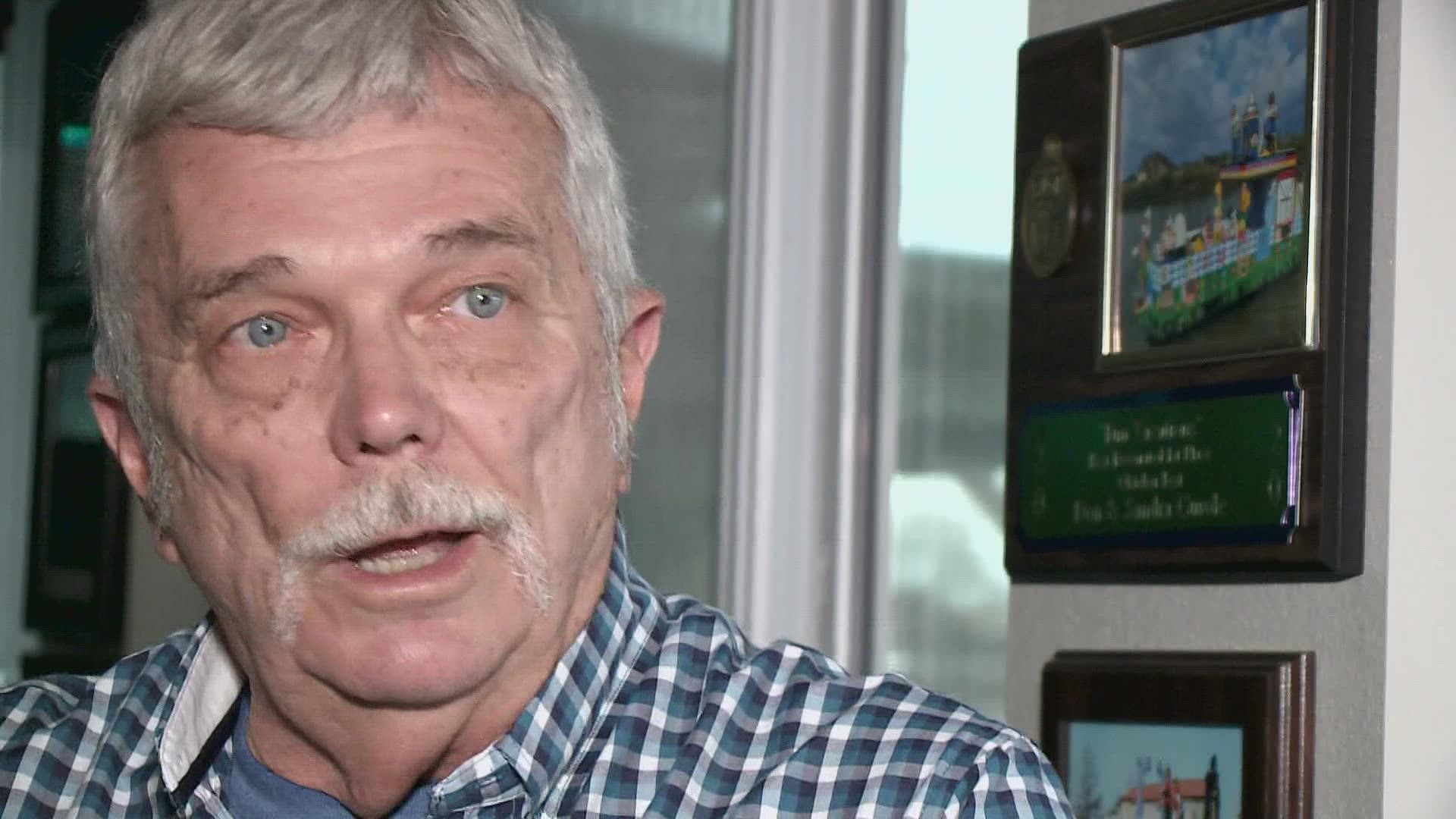SLIDELL, La. — The city of New Orleans; crime problem is putting more and more pressure on detectives working these cases, to eventually bring justice to grieving families.
Eyewitness News sat down with a veteran NOPD homicide detective to understand what needs to happen to solve a case.
Don Curole joined the force in 1972, getting promoted to the New Orleans Police homicide unit very early on in his career.
“I got promoted to sergeant. Then within nine months, I got promoted to platoon commander, that was three and a half years I was a platoon commander. And then I did two tours as commander for offense against persons in the detective unit, which is homicides, rape, robbery… pretty much half of my career I have been involved in it,” he said.
For 34 years he dedicated his life to protecting people.
“Homicide is the only violent crime where the victim has no voice, victim can’t speak for themselves, you become the victims advocate,” he said.
He’s no stranger to the heavy workload expected of New Orleans Police Officers. In 1981, he says he and his partner worked 22 cases at one time, and still worked other calls.
“In addition to that we had to respond to any suspicious deaths, any suicides, any serious shooting.”
He believes the nature of the crimes is changing.
“Now it's completely flipped. It's street crimes, it's robberies, it's drug deals, and they’re much harder. When you are dealing with criminals who kill criminals, it’s a lot harder to solve.”
Some of you may be asking why it's taking NOPD so long to solve your family member or friend's case. The reason is that homicide detective needs to make sure they have all the elements. They need to have evidence and they need to have witness testimony.
Without those two, there may not be a conviction.
“The worst ones are where you really think you know or pretty much know who did it but you just can’t provide the proof to bring it to court. That will really haunt you.”
A homicide detective works through five steps. First, processing the scene, and next, waiting for forensics like an autopsy or DNA analysis. A toxicology report can sometimes take six weeks. Soon after – detectives start talking to witnesses and piecing together the story. Step four – is hopefully making an arrest, and consulting with the DA on the prosecution. Finally – heading to court.
“People want immediate satisfaction, immediate clearance, even on your easiest cases, it's not an immediate thing.”
According to the City of New Orleans, of the 13 homicides this year, none have been cleared by arrest. Last year 32% of homicides with a firearm ended in arrest. Compared to 44% in 2019.
Curole says part of the low solve rate could be staffing issues at NOPD and that everyday people have been less willing to give information to police.
“Many of these criminals are known in their neighborhoods and they’re known bad people and they will think nothing of intimidating anybody who may know something.”

